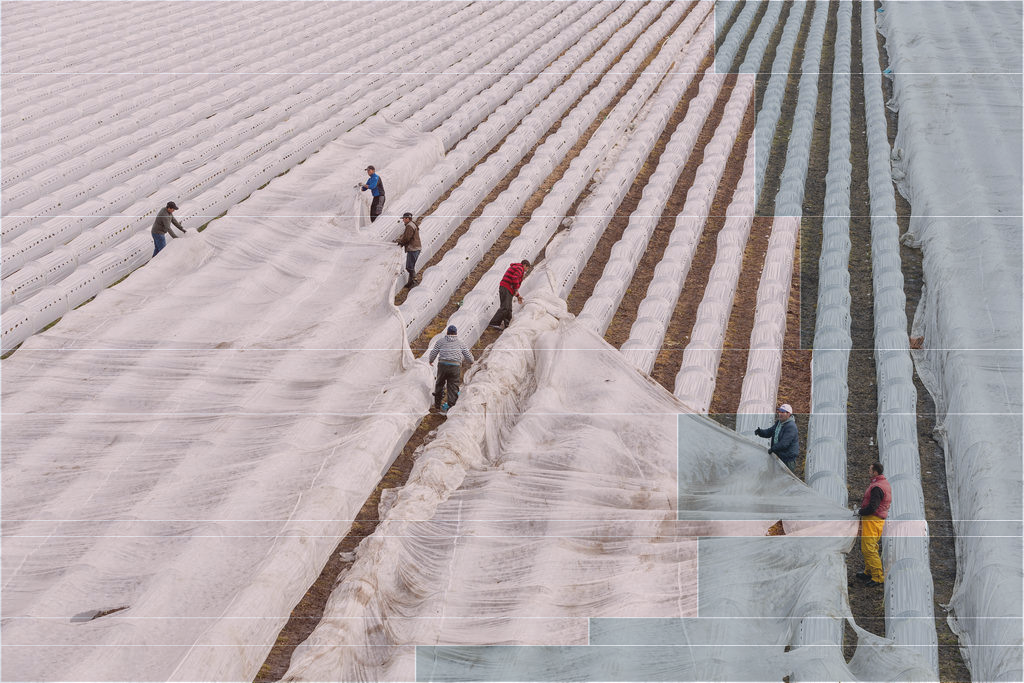
Migration of highly skilled workers booms

Since the turn of the century, the composition of migration flows to Switzerland has changed significantly. Immigration of highly skilled workers more than doubled in Switzerland between 1991 and 2014, according to a study.
The research for the series “Social Change in SwitzerlandExternal link” found that the number of new immigrants with tertiary education increased from 30,000 in 1991 to 40,000 after 2000 and to over 60,000 after 2007. Today, highly skilled migrants make up half of all annual immigration.
That said, there is considerable variation depending on where the immigrants come from. Four out of five immigrants from France and Britain are highly skilled, whereas from Germany and Austria the figure is two-thirds and from Portugal it is barely a quarter.
The biggest change was among migrants from Spain and Italy. Today more than half of immigrants from those two countries are highly qualified; a quarter of a century ago, the proportion was much smaller.
Changing labour market
The researchers explain the change mainly by the demand in the Swiss labour market. The new datasets show that more than half of the highly qualified European migrants already had an employment contract before entering Switzerland.
Nevertheless, international migration has played only a minor role in responding to the needs of the labour market, according to the study authors. From 2010 to 2013, international migration could meet less than 30% of the demand for highly skilled workers. A bigger role was played by new generations of young Swiss who are better qualified than their grandparents.
The research for “Social Change in Switzerland” by Philippe Wanner and Ilka Steiner is based on several new datasets. Also taking part were the Universities of Lausanne and Geneva, the Fors Institute and the Swiss Center of Competence for Research.

More
Foreigners arriving in Switzerland more likely to be highly skilled

In compliance with the JTI standards
More: SWI swissinfo.ch certified by the Journalism Trust Initiative





























You can find an overview of ongoing debates with our journalists here . Please join us!
If you want to start a conversation about a topic raised in this article or want to report factual errors, email us at english@swissinfo.ch.